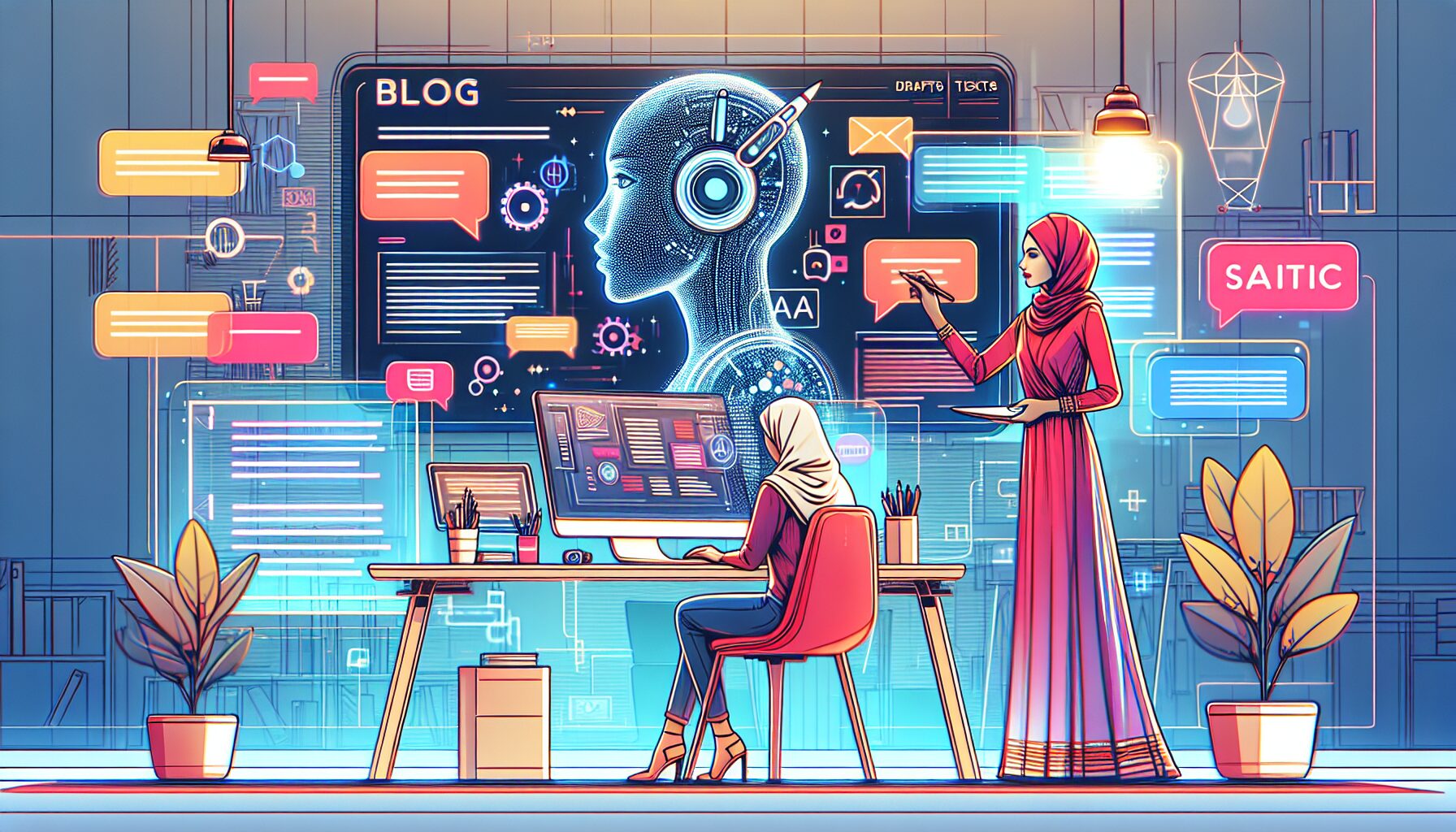The Rise of AI in Content Creation
In recent years, artificial intelligence has made remarkable strides in the realm of content creation, with AI-generated blog posts becoming increasingly prevalent. Platforms powered by advanced language models can now produce articles, essays, and opinion pieces at an unprecedented speed and scale. This technological leap has democratised content production, enabling businesses and individuals without extensive writing expertise to maintain active online presences.
However, the rise of AI-generated content also raises questions about originality and authenticity. While the technology can mimic human writing styles and generate coherent narratives, it often lacks the nuanced understanding and emotional depth that a human writer brings. Consequently, some critics argue that AI-written blogs risk homogenising online content, potentially diluting the richness of diverse perspectives.
Despite these concerns, many see AI as a powerful tool to augment creativity rather than replace it. Writers can leverage AI for brainstorming ideas, drafting outlines, or overcoming writer’s block, thereby enhancing productivity. The challenge lies in striking a balance between utilising AI’s efficiency and preserving the uniquely human elements of storytelling.
Implications for the Blogging Ecosystem
AI-generated blog posts are reshaping the blogging ecosystem in profound ways. For professional bloggers and content marketers, AI offers a means to scale output without proportionally increasing resources. This can be particularly beneficial for SEO-driven strategies where volume and frequency of posts impact visibility.
Yet, this convenience may come at a cost. The flood of AI-produced content risks saturating the internet with formulaic and repetitive material. Readers might become disengaged if they perceive content as generic or robotic. Moreover, ethical dilemmas emerge around transparency—should readers be informed when a post is AI-generated? Many advocate for clear disclosure to maintain trust between creators and audiences.
Furthermore, smaller creators might find themselves at a disadvantage competing against entities that deploy sophisticated AI tools to churn out vast quantities of content rapidly. This dynamic could widen the gap between large organisations with access to cutting-edge technology and independent bloggers who rely solely on traditional methods.
Future Prospects: Collaboration Over Replacement
Looking ahead, the future of blogging may not be about choosing between human writers or AI but fostering symbiotic collaboration. Advanced models could serve as co-creators that enhance human creativity by handling mundane tasks such as fact-checking or generating variations of text.
Educational institutions and content platforms might incorporate AI literacy to help writers harness these tools ethically and effectively. Moreover, developments in AI could lead to more personalised content tailored to niche audiences, blending data-driven insights with authentic human voice.
Ultimately, embracing AI-generated blog posts requires a nuanced understanding of their strengths and limitations. By viewing AI as an assistant rather than a replacement, bloggers can preserve the art of storytelling while benefiting from technological advances.
In conclusion, AI-generated blog posts represent both an opportunity and a challenge for the digital landscape. Their integration demands thoughtful regulation, ethical transparency, and a commitment to maintaining quality over quantity.
Notes
- By 2025, over 30% of online blog content is estimated to be partially or fully generated by AI.
- Studies show readers trust human-written blogs 20% more than those identified as AI-generated.
- AI tools can reduce blog production time by up to 50%, enhancing productivity for marketers.
- Transparency about AI involvement increases reader engagement by approximately 15%.
- Smaller bloggers report feeling competitive pressure due to widespread adoption of AI content generators.

